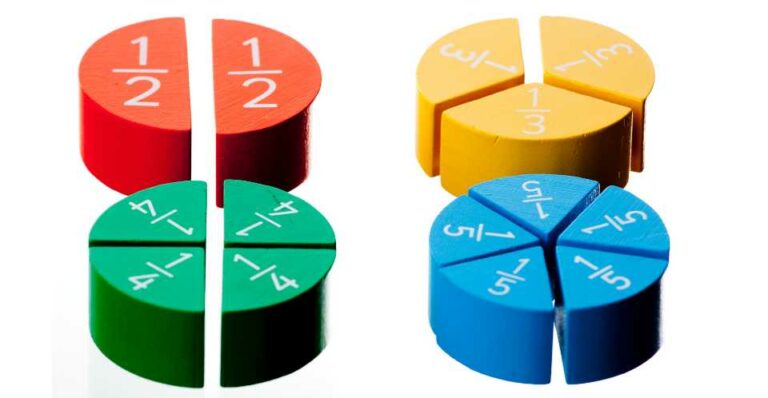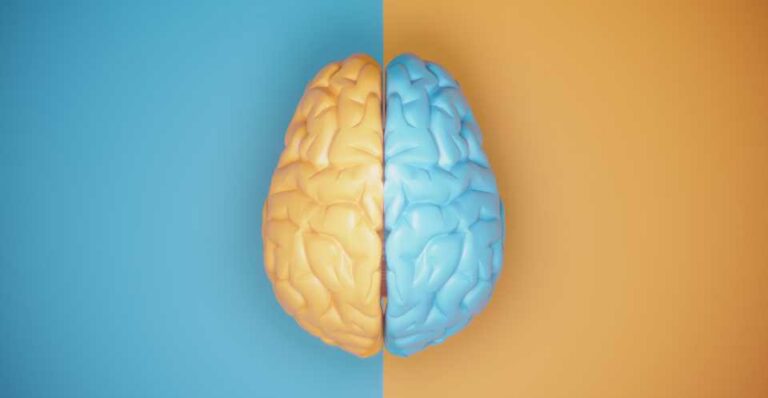Many activities require proportional reasoning, such as adjusting the amount of ingredients in a recipe or calculating distance travelled as a function of speed using ratios and proportions. Certain intuitive conceptions of proportions can mislead students and impede their learning in school settings. A team from the University of Geneva (UNIGE) demonstrates that multiple categorizations…
Tag: learning
When We Fail 15% Of The Time We Learn The Fastest
To learn new things, we must sometimes fail. But what’s the right amount of failure? New research led by the University of Arizona proposes a mathematical answer to that question. Educators and educational scholars have long recognized that there is something of a “sweet spot” for learning. That is, we learn best when we are…
Do Music Lessons Really Make Children Smarter?
In 2004, a paper appeared in the journal Psychological Science_,_ titled “Music Lessons Enhance IQ.” The author, composer and University of Toronto Mississauga psychologist Glenn Schellenberg, had conducted an experiment with 144 children randomly assigned to four groups: one learned the keyboard for a year, one took singing lessons, one joined an acting class, and…
Learning Plasticity Relies On Synaptic Nanomodules
The connections between neurons that strengthen during learning have been imaged, using super-resolution live-cell microscopy, by researchers at Thomas Jefferson University to find structural changes that had never been seen before. When we learn, the connections between neurons strengthen. Addiction or other neurological diseases are linked to abnormally strong connections. But what does learning look…
Striosomal Neurons Play Role In Reward Prediction
The latest optical neural imaging technology has isolated and recorded the activity of the neurons in the striosome. The findings shed light on the role of striosomal neurons in reinforcement learning, researchers from the Neural Computation Unit at the Okinawa Institute of Science and Technology Graduate University (OIST) report. Learning by trial-and-error, which can yield…
Complex Learning Dismantles Brain Barriers
Biology lessons teach us that the brain is divided into separate areas, each of which processes a specific sense. Recent findings, however, show we can supercharge it to be more flexible. Scientists at Jagiellonian University in Poland taught Braille to sighted individuals and found that learning such a complex tactile task activates the visual cortex…
Does Peer Excellence Recognition Undermine Student Performance?
From academic honors to “employee of the month” awards, we are regularly exposed to and made aware of the exemplary performance of others. Many believe such recognition not only acknowledges the individual but also motivates others to strive toward greater achievement. But new research suggests that exposure to exceptional performance can sometimes have the opposite…
Context Beats Quantity For Teaching Kids New Words
Children learn words best when they hear them in a context that’s understandable, a new study shows. This context is critical for understanding why some words may be easier for kids to learn than others, according to study authors Michael Frank, an associate professor of psychology at Stanford University, and colleagues. The findings suggest that…
Does Background TV Harm Toddlers’ Language Development?
It is already known how important parent input is in developing children’s language skills, and that a reduction in child-directed language could have a negative impact on their language development. New research suggests that the presence of background TV is a significant factor in reducing this vital input, affecting both the quantity and quality of…



